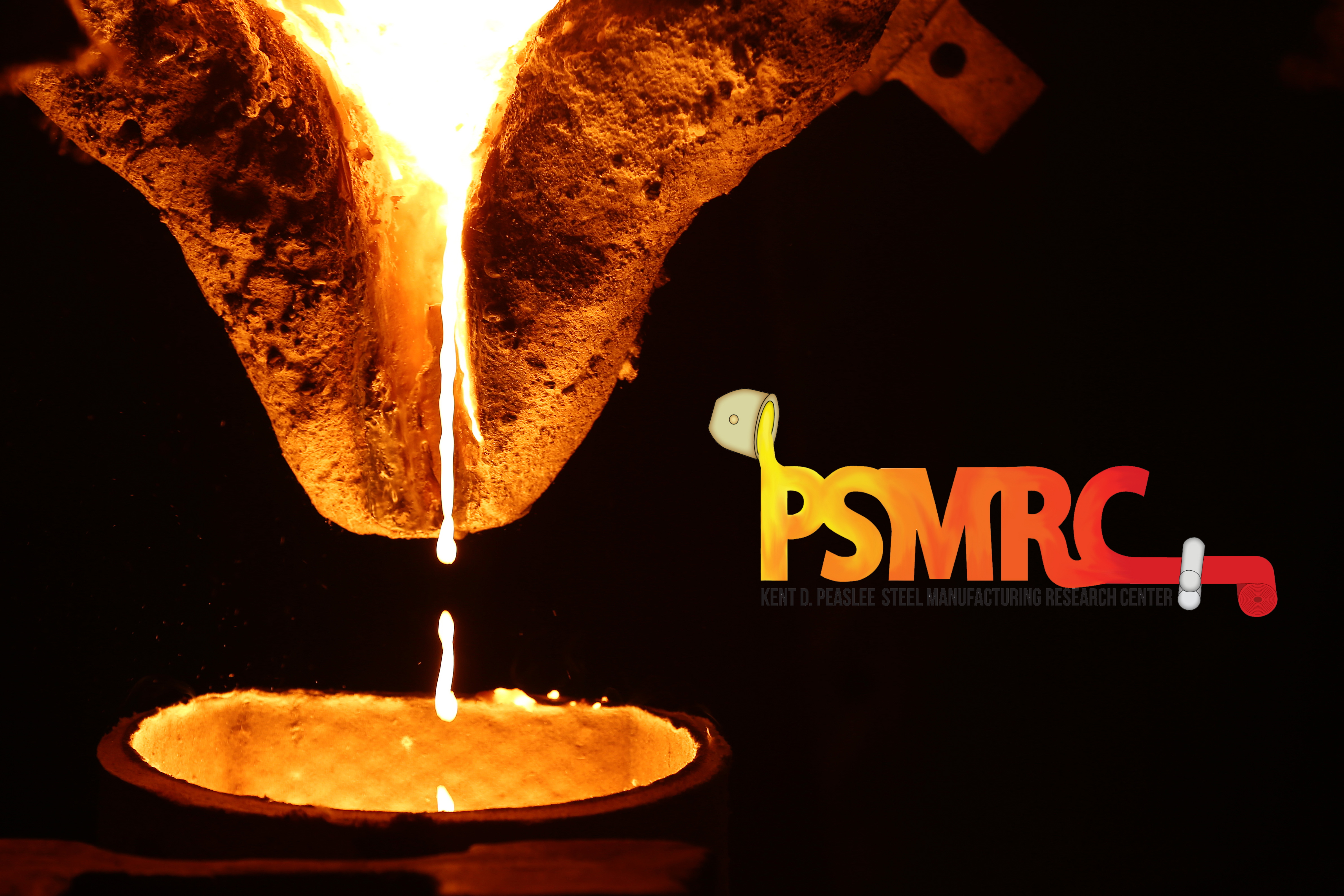Abstract
This study demonstrates the use of fiber Bragg grating (FBG) sensors for distributed temperature and strain monitoring in steelmaking and foundry applications. Integrated into inexpensive optical fibers, FBGs offer accurate and real-time remote sensing, detecting shifts in wavelength due to temperature (up to 1,800 °C), strain, or structural wear and tear. Furthermore, the intrinsic features of FBG sensors: compact size, immunity to electromagnetic interference and corrosion, robustness to vibration, ease of integration into existing composite structures, and non-intrusive measurement capacity in harsh environments make them ideal for steelmaking. FBGs optimize production, ensure quality, and enhance safety within the steel industry.
Recommended Citation
Inalegwu, Ogbole Collins; Mekala, Yeshwanth Reddy; Saha, Rony Kumer; Mumtaz, Farhan; Alla, Dinesh Reddy; Neelakandan, Deva Prasaad; Smith, Jeffrey D.; O'Malley, Ronald J.; Gerald, Rex; and Huang, Jie, "Femtosecond Laser–Inscribed Fiber Bragg Grating Sensors: Enabling Distributed High- Temperature Measurements and Strain Monitoring in Steelmaking and Foundry Applications" (2024). PSMRC Faculty Research. 29.
https://scholarsmine.mst.edu/psmrc_facwork/29
Department(s)
Electrical and Computer Engineering
Second Department
Materials Science and Engineering
Keywords and Phrases
Fiber Bragg Grating (FBG), Optical Fiber Sensors (OFS), High-temperature, Electric Arc Furnace (EAF), Structural Health Monitoring (SHM), Molten Steel, Distributed Sensing, Femtosecond (fs) laser.
Document Type
Article - Conference proceedings
Document Version
Citation
File Type
text
Language(s)
English
Rights
© 2024 Association for Iron & Steel Technology, All Rights Reserved
Publication Date
6-9 May, 2024



